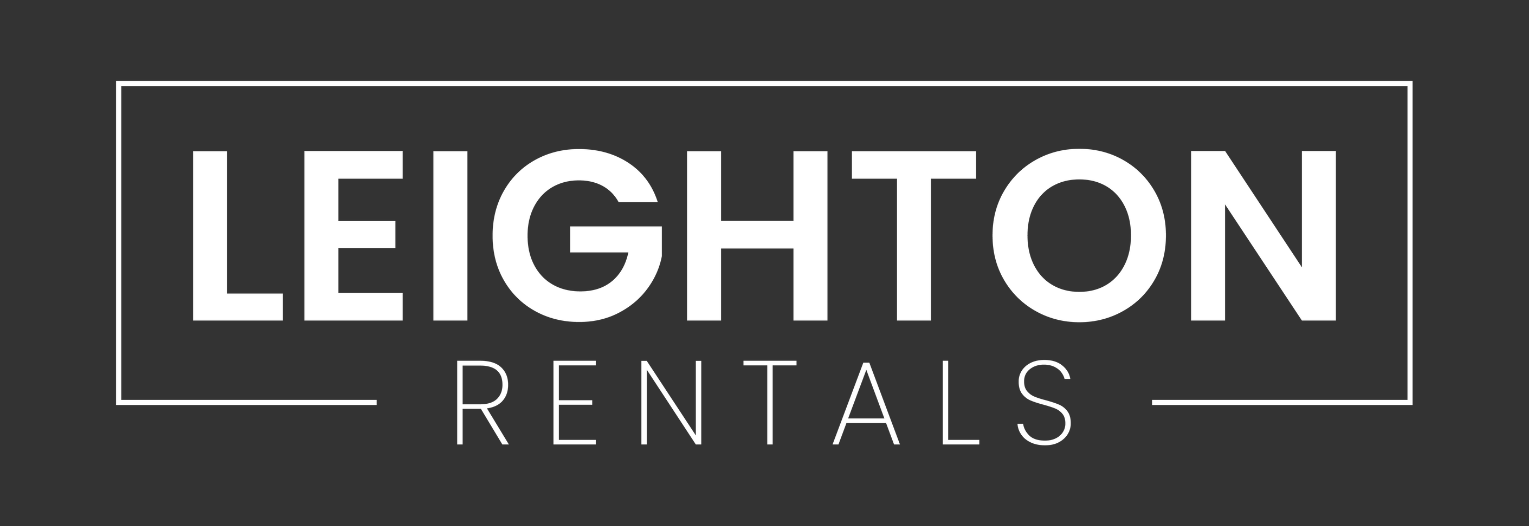Guide To Investing in Rental Property
Cape Cod is one of the most exhilarating and active real estate markets in the northeast. The attraction is clear: broad blue waters, a distinct architectural style, consistently strong tourist seasons, a relaxed lifestyle, and a deeply-rooted highly active community.
If you want to journey down the path of investing in rental property here and buy on the Cape, it’s always helpful to gain some knowledge about the local market and get some tips as you plan things out.
Learn from local experts and use the tools you have at your disposal to ensure that you find a good match that meets your investment goals. Below are four tips to go from an interested property browser to a successful investor.

Study Each Neighborhood
There’s a broad spectrum of available Cape Cod neighborhoods in each town that can vary tremendously. Yet, through the overwhelming wealth of available real estate data and market trends, you can always narrow them down and discover where you would like to focus on your first property acquisition.
Of course, when possible, it’s also a good idea to spend some time in each neighborhood you’re seriously interested in to get a feel for the area and really understand if it’s a place where you would like to make one of the biggest purchases of your life.
This is essential; the more time you spend researching and visiting Cape Cod neighborhoods, the greater the chance that you’ll find the perfect type of rental property for your goals.
You have to know the basics of what to expect in terms of average rent paid, potential property value increases, nearby attractions (especially the beach), schools, distance to the beach and more.
Ask real estate agents and other landlords plenty of questions, utilize online resources, and head out to the neighborhoods to learn about the community on a street-by-street level.
Consider Home Amenities
It’s a good idea to review current vacation rental listings to find out what Cape Cod visitors are seeking and then look for that in a potential home.
Along with a great listing, amenities are mainly what will draw visitors to book your vacation home compared to the other options such as: proximity to the beach and attractions, patios and outdoor seating, views from the home, private beach rights, air conditioning, appliance modernity and more.
Some of these amenities can be added by you at a later date after the purchase, such as updated décor or newer appliances. Others can’t be changed, such as proximity to the beach. These features truly matter for potential tenants and can be a difference-maker between a constantly booked home and one that isn’t.
Retain Cash Reserves
In most scenarios, you will need to put at least 20% cash down to purchase an investment property. This is your biggest cost consideration, but you’ll need additional cash for repairs, maintenance, décor updates, and other expenses.
If you have limited liquid assets, it may be a good idea to hold off on investing in rental property into you can increase your cash reserves. This ensures you have funds available for unexpected expenses and relieves some pressure as you buy, sell, and grow your investment portfolio.
With extra cash on hand, you don’t need to stress if a tenant pays late. You can have greater leverage in tenant management and have cash available for unexpected repairs or emergencies.
This type of freedom is essential in tenant management, but it also goes a long way in keeping you flexible in your rental business. You can jump on a new hot property acquisition, make necessary upgrades to make the property more attractive, maintain the property in pristine condition for rental bookings, patiently wait for top-tier tenants, and so much more.
Check the Public Records
The public records are extremely insightful and allow you to narrow down potential properties fairly quickly. They offer more than a simple glimpse at a home.
These records offer specific and clear details about the home, including the construction type, the square footage, date of initial construction, any included property with the sale, and other pertinent facts. The public records even go as far as to cover zoning approvals and major construction projects, such as room additions.
This can help you balance out what the home seller has said and what is true. Often these things are the same, but any long-term investor runs into questionable behavior or sellers who are just plain uninformed or unaware at some point.
The best aspect about public records is that it is completely free. Investors are often bombarded with so many tools that cost money that they forget the data they can gather that costs nothing at all.
Let Us Help
The above tips will save you a lot of trouble as you navigate the world of home investment on Cape Cod, but there is much more to cover. Contact us at (508)-619-7658 for guidance as you look to buy on the Cape.
We can help you through this process, answer several questions about the hottest neighborhoods for investment, and assist you with planning to grow your portfolio in exceptional new ways.





